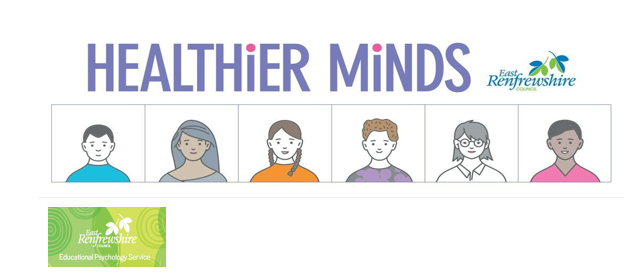Early assessment and response for individual EBSA cases is crucial as evidence suggests that after two weeks the challenges become more difficult to address (Albano & Kearney, 2018). A negative cycle develops that becomes more entrenched with time and more difficult to change. Where EBSA is identified, practitioners should create a Child’s Wellbeing Plan (Education) and follow East Renfrewshire’s staged intervention guidance, using the GIRFEC practice model (See Meeting Learner Needs site for further information)
Ensuring that every child and young person has at least one key adult in their school life who demonstrates unconditional positivity towards them, even when they are struggling, is a key feature of successfully supporting those who are vulnerable to EBSA. It is important that key adults provide regular, open and supportive communication with the young person and the parents / carers from the outset in order to develop a robust, collaborative assessment and support plan. In larger schools there may be more than one key adult.
EBSA indicates that an emotional wellbeing need has arisen because the child or young person is experiencing challenges. Ongoing person centred assessment is necessary to understand these challenges, and all the factors that are specifically affecting each individual, looking at their key relationships and their experience within and out-with school.
For more guidance please follow the links below:
Holistic Assessment and Information Gathering
Support Strategies and Interventions
Trauma Informed, Enhanced Nurturing Approaches
Social Communication and Autism Spectrum Conditions

